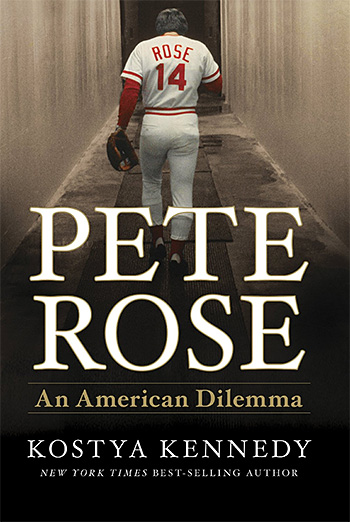Do we realize how fortunate we are? Are we cognizant of the fact that, living in this time in Jewish history, it is so much easier to say, no, to sing Hallel, than it was for so many of our ancestors? Perhaps by focusing on the words of a farmer, we can appreciate the opportunity that we have, and gain something for our understanding of Pesach.
In telling over the story of the Exodus from Egypt, you would think we would make use of the text of the Sefer Shemot, the book of Exodus. Instead, as we recite the maggid section of the haggadah, we tell the story as found in the Sefer Devarim, in Parshat Ki Tavo. There, we find the story of the farmer who is bringing his first fruits, the bikkurim, to Yerushalayim. After joyously bringing his fruits up to the Mikdash, he recites a declaration, which tells the story of the Jewish people. Beginning with Yaakov Avinu’s oppression at the hands of Lavan, the farmer, in only several sentences covers the slavery of Egypt, the exodus, the arrival of the Jews in Israel, and the building of the Mikdash. Why do we choose the farmer’s words, with the very brief mention of leaving Egypt, over the more detailed story from Sefer Shemot?
For the vast majority of us, it is hard to relate to the life of a farmer. Even when we eat the food that he grows, it is so removed from his life, that we rarely give much, if any thought. to all the farmer’s toil. If we look back historically, before technology made things easier, although by no means easy, for the farmer, we see that a farmer’s life, and the life of his family, was one of great toil and worry.
Imagine the joy that the farmer felt when all the effort that he and his family expended on their farm came to fruition. Try to picture what it must have been like as he thought back to the beginning of the planting season, and all of the backbreaking labor that the whole process involved. It’s difficult, but try and taste the sweetness as he literally tasted the fruits of his labor. Who better could express the long process of Jewish history? Who else would have a better understanding of how planting with sweat, if not also tears, can lead to harvesting in joy?
If we try and appreciate the farmer’s story, perhaps we can put ourselves in his shoes as we recite the haggadah. Maybe, as we move on to Hallel, we can joyously express our thanks that we appear on the scene of Jewish history, so late in the story. If we are not yet quite at the point of bringing the bikkurim to Yerushalyaim, we are not too far off. While our ancestors literally and figuratively planted in tears, we get to experience the joy that they could only dream of, as the first fruits start to blossom on the trees. Perhaps, if we adopt this perspective at the seder, we will experience the Pesach Seder with a level of joy appropriate to our great fortune.







